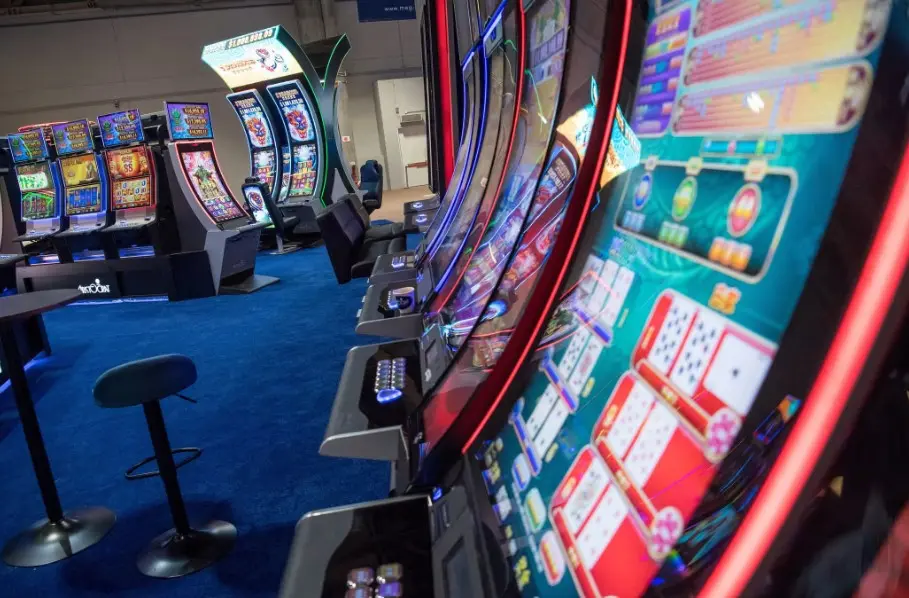In Russia, the story of slot machines is not just about entertainment—it’s a tale woven through government policy, economic shifts, underground markets, and evolving digital landscapes. While the flashing lights and spinning reels may evoke a sense of fun and fortune, behind the scenes lies a complex legal and cultural history that continues to shape how slot games are played and perceived across the country.
A Brief Historical Overview
Slot machines first became popular in Russia after the collapse of the Soviet Union in the 1990s. During the post-Soviet era, economic liberalization and a lack of strict regulatory controls allowed casinos and slot halls to flourish, particularly in major cities like Moscow and St. Petersburg. By the early 2000s, Russia had a booming gambling industry, with slot machines being a central attraction.
However, this period of unregulated growth was accompanied by rising concerns about addiction, crime, and social decay. By the mid-2000s, the Russian government, under President Vladimir Putin, began cracking down on the gambling industry. The turning point came in 2006, when the government passed a law that significantly restricted gambling operations.
Legal Framework and Current Regulations
In 2009, a landmark situs slot federal law came into effect that banned all gambling activities, including slot machines, outside of four designated gambling zones:
- Altai Krai (Siberian Coin)
- Kaliningrad Oblast (Yantarnaya)
- Krasnodar Krai (Sochi area)
- Primorsky Krai (near Vladivostok)
Later, a fifth zone was added in Crimea after its annexation by Russia in 2014.
This law effectively shut down thousands of gambling establishments, including slot halls, across the country. Slot machines were removed from urban areas and relegated strictly to these zones, which were intended to be tightly controlled entertainment hubs.
The law also imposed strict licensing requirements, transparency mandates, and financial disclosures for operators. Only companies approved by the state can run legal casinos, and all gaming equipment must be certified.
The Rise of the Underground and Online Markets
Despite the legality of gambling being confined to specific zones, demand for slot machines and other gambling options remained high. This gave rise to a black market of underground slot parlors operating illegally in cities. Many of these were fronts for other businesses or hidden within private clubs. Law enforcement periodically raids such establishments, but many reappear in different forms.
At the same time, the rise of the internet and mobile gaming gave way to a surge in online slot platforms. Many of these operate from abroad, targeting Russian users with localized language, ruble currency options, and familiar themes. The government has attempted to block access to these websites, but tech-savvy players often use VPNs to bypass restrictions.
Interestingly, in recent years, Russia has taken a slightly more pragmatic approach by legalizing and regulating online sports betting, though online casino games, including slots, are still banned. This inconsistency creates a gray area that continues to evolve.
Slot Culture and Public Perception
Slot machines in Russia are seen through a dual lens. On one hand, they are associated with glitz, risk, and easy money—images reinforced by pre-ban media portrayals and urban folklore. On the other, they are connected to crime, addiction, and moral decay, sentiments often echoed in political discourse.
In the designated gambling zones, the government has attempted to rehabilitate this image by promoting casinos as luxury entertainment destinations akin to Las Vegas or Macau. These zones often feature high-end hotels, restaurants, and entertainment venues to attract both local and international tourists.
For the general public, attitudes toward slot gaming remain mixed. While older generations often recall the chaos of unregulated slot halls, younger Russians may encounter slot games more through online channels or during travel abroad.
Technological Trends and Game Design
Modern slot machines in Russia, especially in legal gambling zones, are equipped with advanced digital interfaces, random number generators (RNGs), and thematic designs that reflect Russian culture, folklore, and global entertainment trends. From traditional “fruit” machines to story-driven video slots, game design continues to evolve with user preferences.
Moreover, as cryptocurrency and blockchain technology gain traction, some underground or offshore platforms are experimenting with crypto slots that allow anonymous play and faster transactions. While not legal in Russia, these developments illustrate the direction the global market is heading—and the potential pressure it may exert on Russian regulators.
Economic Impact and Government Strategy
The Russian government has framed the restriction of gambling to specific zones as a way to concentrate both economic benefits and regulatory oversight. Tax revenue from legal casinos contributes to regional development, especially in economically underdeveloped areas like Primorsky Krai.
However, critics sbobet argue that the limited zones cannot match the demand, pushing more players to illegal or offshore platforms. Moreover, high licensing costs and operational barriers have made it difficult for smaller operators to enter the market, leading to concerns about monopolization and lack of competition.
Conclusion: A Balancing Act Between Control and Freedom
Slot gaming in Russia remains a carefully regulated activity, confined to specific geographic zones and monitored by strict legal frameworks. While efforts have been made to professionalize and legitimize the industry, underground markets and digital platforms continue to pose significant challenges.
As technology and global gaming trends evolve, Russia finds itself at a crossroads between maintaining control and adapting to new realities. The future of slot gaming in the country will likely depend on whether regulators can strike a balance between economic potential, public morality, and the unstoppable momentum of digital entertainment.
Also Read-Multiple Face Swap: AI Face Swap Video Technology’s Future
